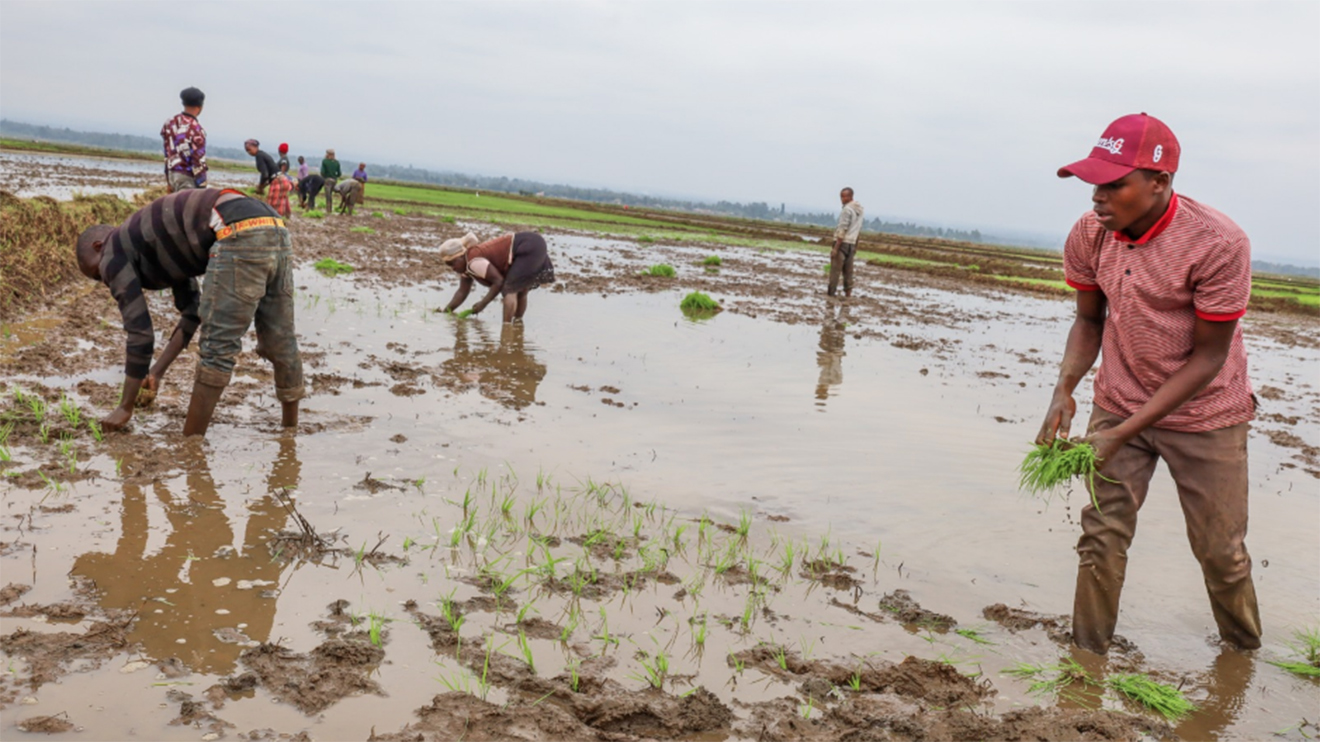Kirinyaga County government has unveiled three-week initiative to tame a new migratory rice pest, that has been ravaging rice crop at the Mwea irrigation scheme in Kirinyaga.
The programme is being implemented by the county government in collaboration with the national government and seeks to stop the spread of the invasive Golden Apple Snail.
Kirinyaga Governor Anne Waiguru says the county’s agricultural extension services officers will collaborate with those from the national government to deal with the snail menace.
Waiguru says the Ministry of Agriculture’s Pest Control Products Board (PCBP) availed 2,000 litres of Biograde 300 SL adequate to cover 8,000 acres of rice paddy on a three-cycle spray alongside 40 sprayers and 40 Personal Protection Equipment (PPEs).
“These items have been delivered to the county headquarters and we have started distribution to the farmers for spraying during this trans-planting season,” said Waiguru.
Read More
She indicated that the pilot programme will be implemented in six selected farms using the organic pesticide including Tebere, Curukia, Thiba, Mwea, Karaba and Wamumu areas.
Waiguru noted that the delivery of the pesticides was timely as the transplanting season is the the most crucial period to tame the pest that has been a menace for the last four years.
“Farmers have started trans-planting crop to the farms and over 90 percent of the transplanting exercise will be completed by end of this week and out technical team has embarked on the exercise in selected farms that had not done transplanting,” she added.
The Council of Governors chairperson warned that, if not controlled, the snail menace posed a grave threat to rice production in Mwea Rice Irrigation Scheme and national food security.
“The snail is a threat to food security in the country as it destroys crop at the early seedling stage. Therefore, controlling the Golden Apple Snail is of paramount importance to both National and County governments,” Waiguru noted.
The Golden Apple Snail is listed among ‘100 of the world’s worst invasive invertebrates of waterways and irrigation systems.’
Scientists from the Centre for Agriculture and Bioscience International (CABI) and Kenya Plant Health Inspectorate Service (KEPHIS) say urgent measures are needed to contain the agricultural and ecological pest.











